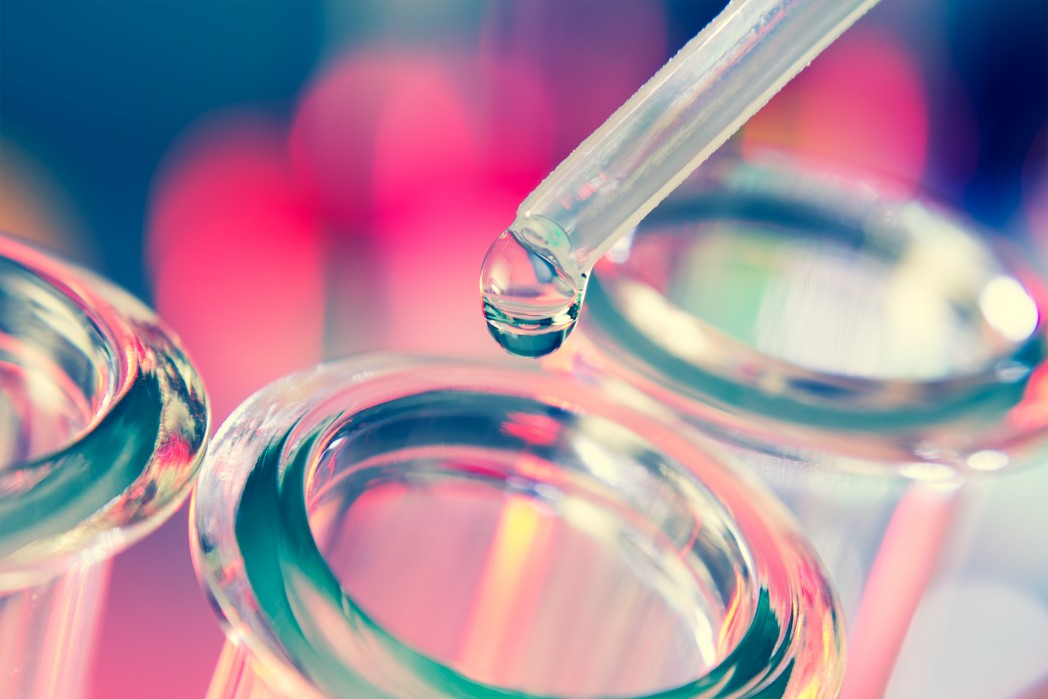FDA Accepts Pharma’s New Drug Application for ALS Therapy Edaravone
Written by |

The U.S. U.S. Food and Drug Administration (FDA) has accepted Mitsubishi Tanabe Pharma’s new drug application (NDA) for edaravone as a treatment for amyotrophic lateral sclerosis (ALS).
A decision regarding the intravenous treatment is expected by June 16, 2017, based on the U.S. Prescription Drug User Fee Act. If it is approved, the new medicine will be marketed under the brand name Radicava through the newly formed company MT Pharma America.
“This is an important milestone for Mitsubishi Tanabe Pharma and for the U.S. ALS community,” Dr. Joseph M. Palumbo, MD, vice president and head of clinical research at Mitsubishi Tanabe Pharma Development America, said in a press release.
“There is an urgent need for new treatment options in ALS and we are now an important step closer to potentially making that a reality. We look forward to working with the FDA as part of the review process,” Palumbo said.
The edaravone NDA is supported by a clinical research program in Japanese ALS patients. In 2015, edaravone was approved for use as an ALS treatment in Japan and South Korea. It was also granted orphan drug designation by the FDA and the European Commission. The FDA has not yet approved edaravone for any indication.
Edaravone is a potent antioxidant free radical scavenger that is believed to relieve the effects of oxidative stress.
Oxidative stress is a probable factor for the onset and progression of ALS, and it is common to find consistent increases in oxidative stress biomarkers in patients. It results from an imbalance between the production of free radicals and the body’s ability to counteract or detoxify their harmful effects.
ALS, also called Lou Gehrig’s disease, attacks nerve cells in the brain and the spinal cord responsible for controlling voluntary muscles, affecting a patients ability to move, speak, eat, or breathe. It is one of the most well-known neuromuscular diseases in the world, affecting nearly 2 in every 100,000 people. It is estimated that 5 to 10 percent of all known ALS cases are inherited, but the cause of most ALS cases is not well understood.
Subscribe to ALS News Today to stay updated on other recent news about ALS, and receive our free weekly newsletter directly in your email inbox.





